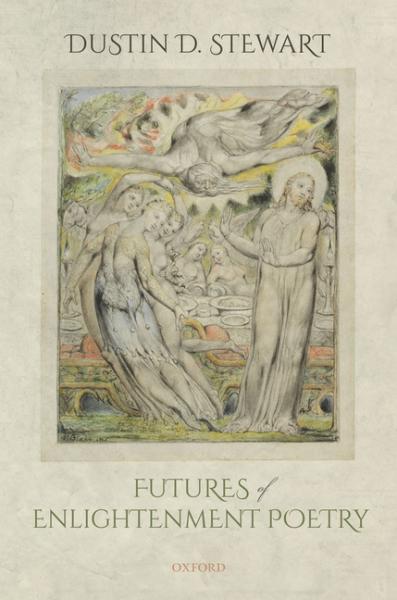Description
A range of authors agreed that poems can provide a foretaste of the afterlife, but they disagreed about what kind of future state the imagination should seek. The mortalist impulse--exemplified by John Milton and by Romantic poets Anna Letitia Barbauld and William Wordsworth--is to overcome the temptation of disembodiment and to restore spirit to its rightful home in matter. The spiritualist impulse--driving eighteenth-century verse by Mark Akenside, Elizabeth Singer Rowe, and Edward Young--is to break out of bodily repetition and enjoy the detached soul's freedom in advance. Although the study isolates these two tendencies, each needed the other as a source in the Enlightenment, and their productive opposition didn't end with Romanticism. The final chapter identifies an alternative Romantic vision that keeps open the possibility of a disembodied poetics, and the introduction considers present-day Anglophone writers who put it into practice.
Product Details
- Oxford University Press Brand
- Dec 29, 2020 Pub Date:
- 9780198857792 ISBN-13:
- 0198857799 ISBN-10:
- English Language
- 6.2 in * 0.9 in * 9.3 in Dimensions:
- 1 lb Weight:




